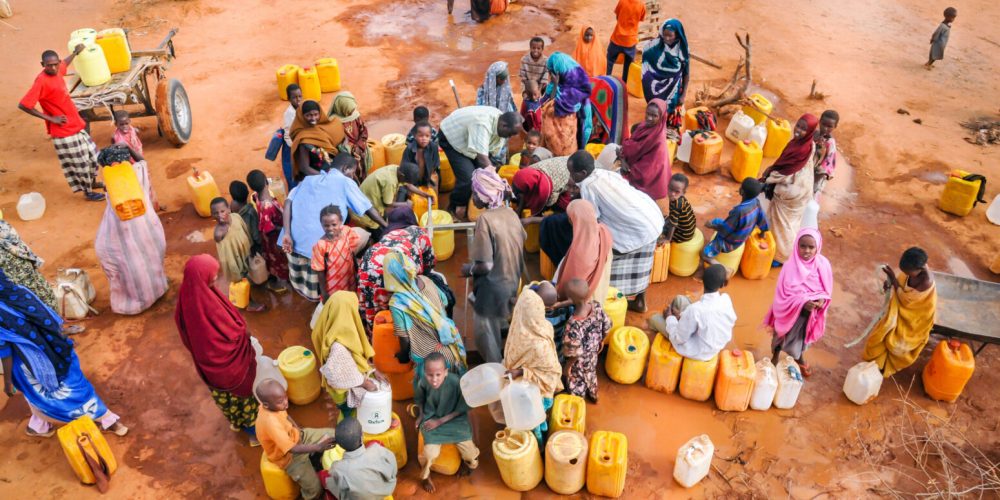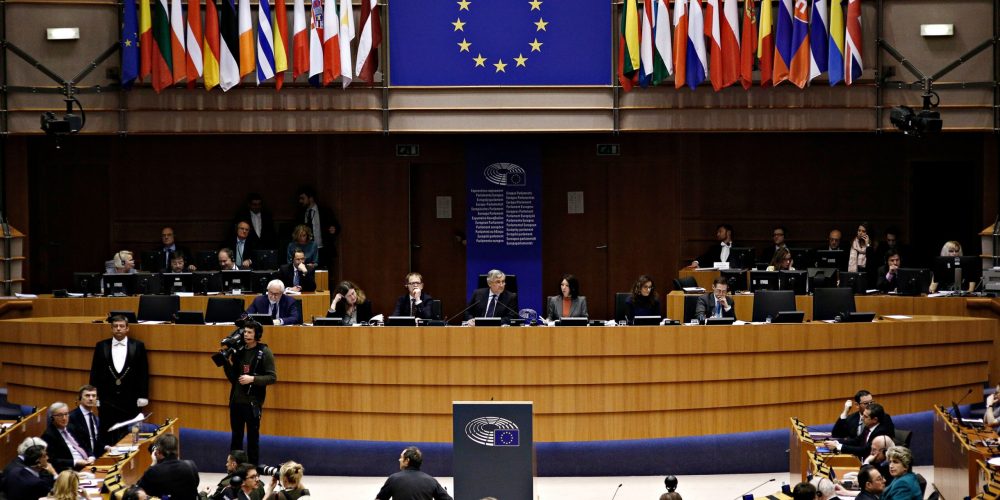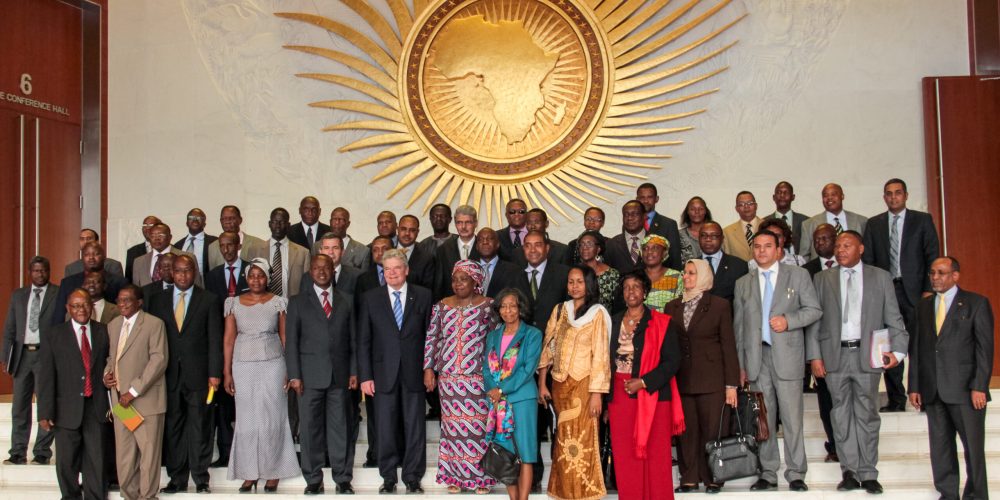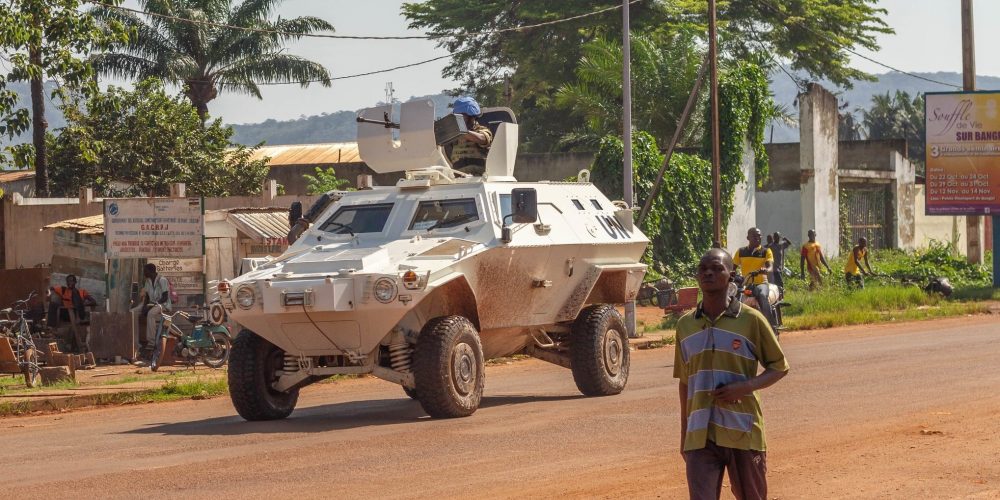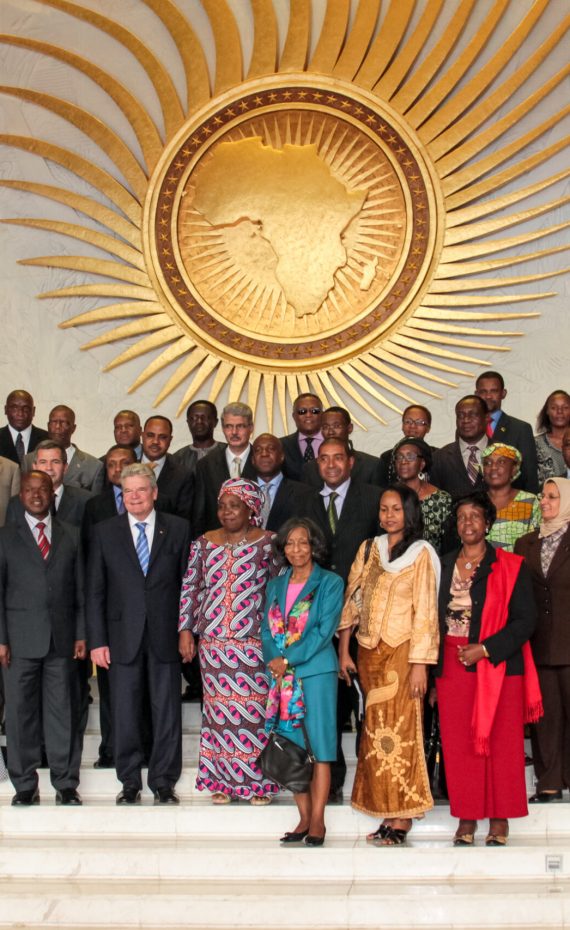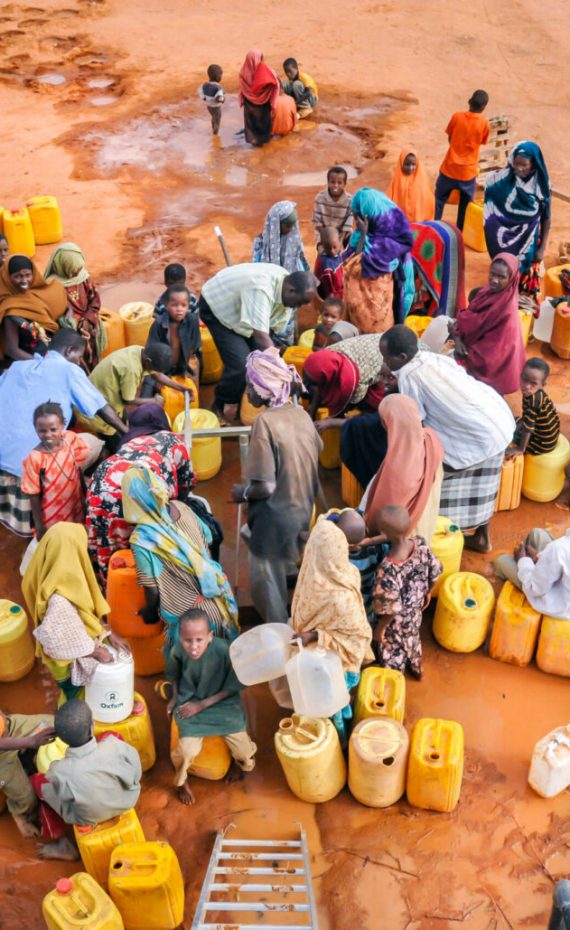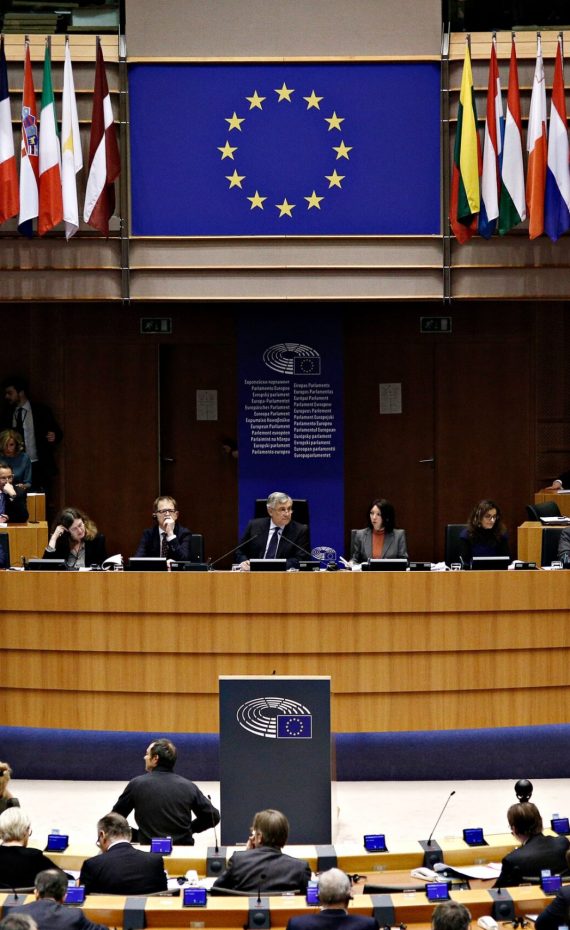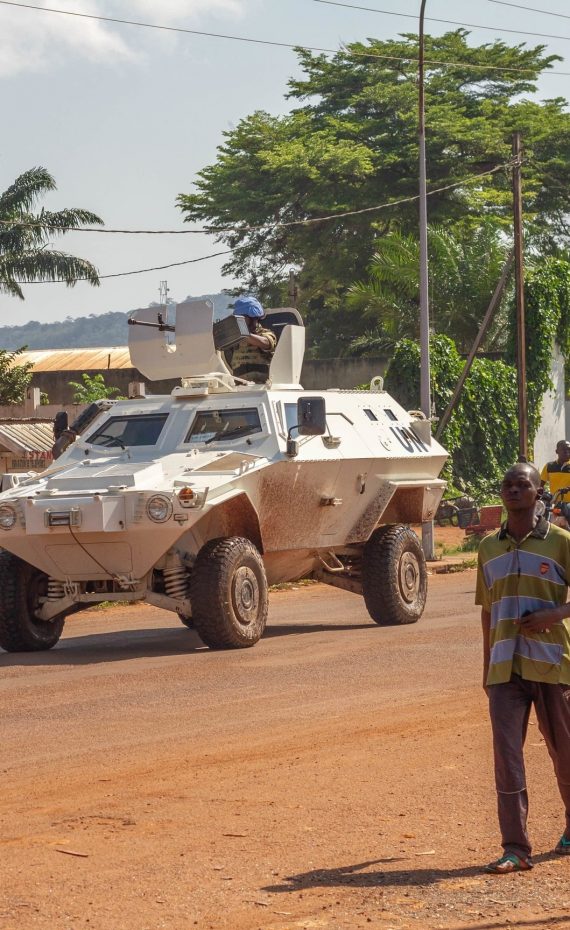About our Research
Studying protection complexity
Protex moves from the observation that important variations exist in how the protection of civilians is conceived and practiced by key security providers such as the United Nations (UN), the European Union (EU) and the African Union (AU). These variations in the conception of protection of civilians may lead to starkly different outcomes and assessments of what protection is, and how it should be practiced. Such differences indicate the existence of a ‘protection regime complex’ in which protective practices performed by different International Organizations (IOs) are far from standardized. Protex sets out to explore these institutional differences in protection practices and protection governance to enhance our understanding of what IOs do and do not do, together or not, when protecting civilians from violence.

Research objectives
We seek to generate new insights into how practices of protection vary across organizations and territories by questioning the well-established – yet rarely investigated – assumptions seen in the regime complex literature: the existence of a regime complex as indicative of IOs’ competition over authority, fragmented institutional relations, and high degrees of adaptation and flexibility in how policies are framed.
We investigate these assumptions by valuing the practitioners’ perspective and looking at how everyday institutional interactions shape the ‘rules of the game’ and embed the local choices about ‘protection’. Hence, we don’t focus on a specific policy framework or its implementation, e.g. PoC or R2P by either EU, AU or UN, which we have previously researched. Rather, we define protection in broad terms so that it covers a wide range of practices with protection of civilians as a perceived goal.
Protex contributes to advance knowledge and understanding of how the EU, UN and AU establish their competence and authority to protect civilians from violence in three critical territories: Mali, Somalis and the Central African Republic. Rich qualitative data will be gathered during fieldwork in these territories and the Headquarters of the three IOs.
As civilians continues to fall victims of mass violence despite increased protection engagement from multiple international actors, there is a need to deepen our understanding of how protection of civilians is conceived and practiced, and which possibilities exist within the protection regime complex.
Research objectives
We seek to generate new insights into how practices of protection vary across organizations and territories by questioning the well-established – yet rarely investigated – assumptions seen in the regime complex literature: the existence of a regime complex as indicative of IOs’ competition over authority, fragmented institutional relations, and high degrees of adaptation and flexibility in how policies are framed.
We investigate these assumptions by valuing the practitioners’ perspective and looking at how everyday institutional interactions shape the ‘rules of the game’ and embed the local choices about ‘protection’. Hence, we don’t focus on a specific policy framework or its implementation, e.g. PoC or R2P by either EU, AU or UN, which we have previously researched. Rather, we define protection in broad terms so that it covers a wide range of practices with protection of civilians as a perceived goal.
Protex contributes to advance knowledge and understanding of how the EU, UN and AU establish their competence and authority to protect civilians from violence in three critical territories: Mali, Somalis and the Central African Republic. Rich qualitative data will be gathered during fieldwork in these territories and the Headquarters of the three IOs.
As civilians continues to fall victims of mass violence despite increased protection engagement from multiple international actors, there is a need to deepen our understanding of how protection of civilians is conceived and practiced, and which possibilities exist within the protection regime complex.

Advisory Board
Protex is supported by an international Advisory Board including academics and practitioners that provide the Protex team with regular guidance and feedback. The members of the Advisory Board are:
Prof Jennifer Welsh (McGill University)
Prof Rebecca Adler-Nissen (University of Copenhagen)
Dr Cedric de Coning (Norwegian Institute of International Affairs (NUPI))
Jonas Jonsson (European Union / EEAS)
Alhaji Sarjoh Bah (African Union)

